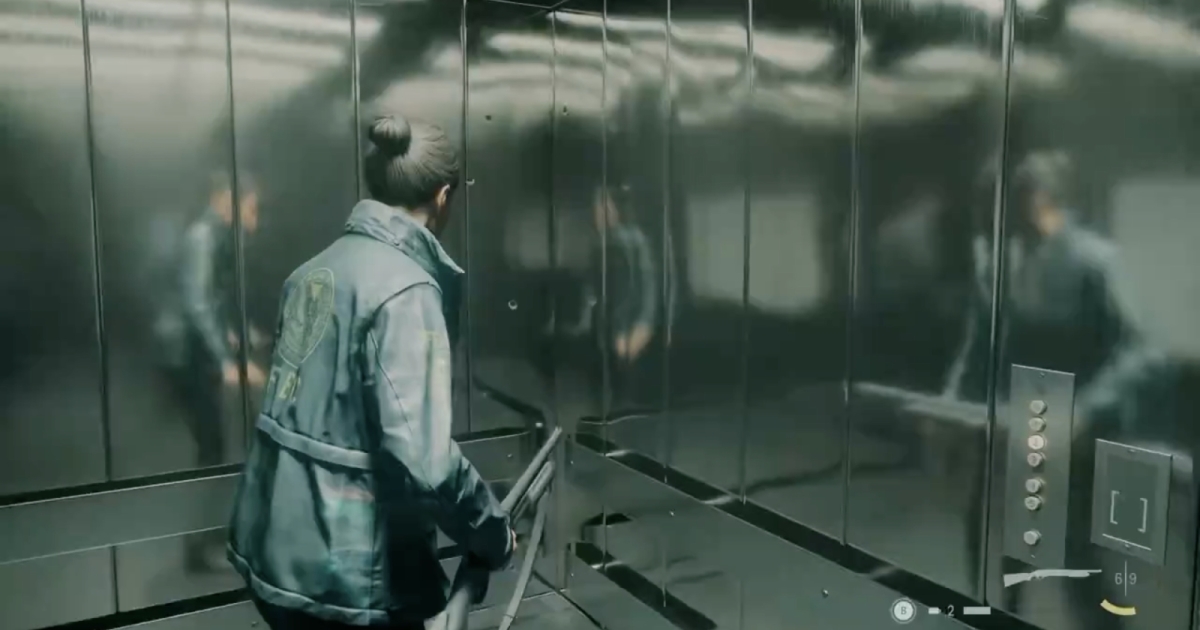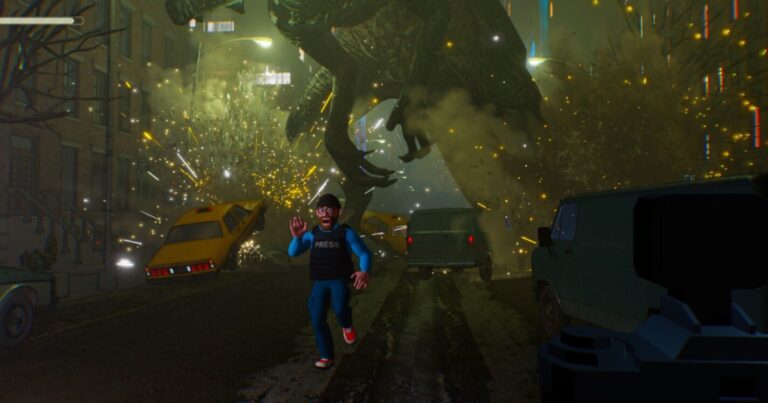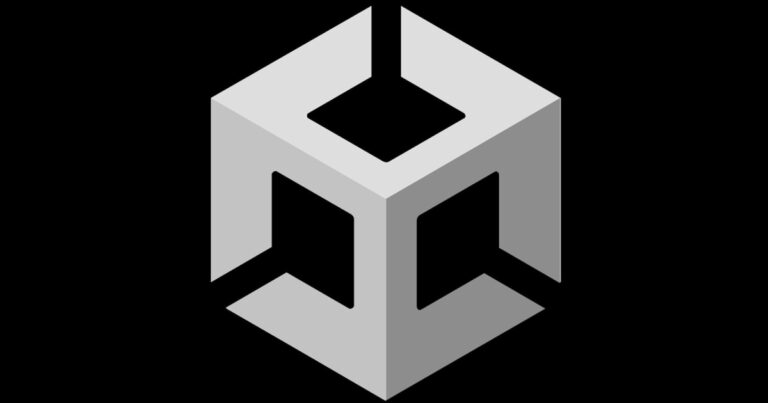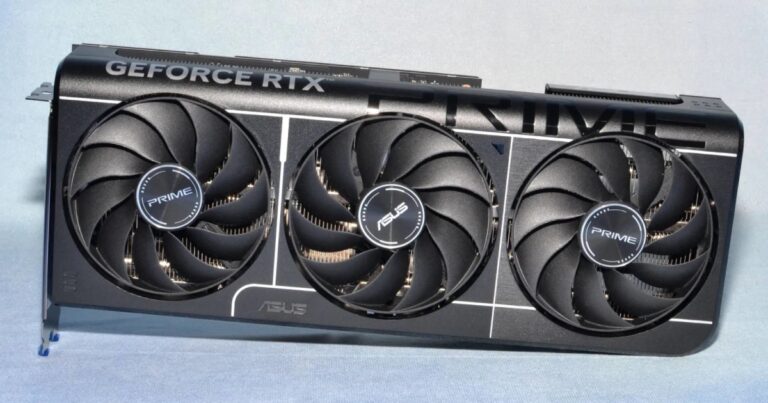Last year, Alan Wake 2 triumphed at The Game Awards 2023, taking home awards for Best Art Direction, Best Narrative, and Best Game Direction, truly earning its recognition in art direction as Remedy continues to embrace photorealism and push the boundaries with all the creative possibilities that come with that style.
CD Projekt RED’s Radek Grabowski shared a clip from The Lake House, the recently released second and final expansion for Alan Wake 2, demonstrating realistic reflections of Agent Kiran Estevez on the complex metal surfaces of the elevator, showcasing the game’s attention to detail. Perhaps when it’s dark for so many hours each day for weeks while you’re developing your game, you come to genuinely appreciate light and how it interacts with surfaces to impact the player experience.
At the launch of Alan Wake 2, many players expressed concerns about the blurry and grainy reflections in the game’s numerous mirrors. While this issue is likely due to console optimizations, it very much impacts immersion and most likely reflects an artistic choice. Remedy could have implemented clearer reflections using planar reflections, similar to what they did in the mirror room in Control.
For instance, here are some examples of the mirror and glass reflections featuring Alan and Saga in Alan Wake 2, further reinforcing the idea that ambiguity is intentional, evoking dream-like visuals:
cmariano11
Danitch
Danitch
And here is a couple of different surface reflection examples in Control:
Sam Machkovech
Trophygamers
Trophygamers
Northlight is arguably one of the best proprietary engines today, and with added support for fully ray-traced direct lighting, enhanced by improved denoising and indirect lighting algorithms, ray tracing in Alan Wake 2 is said to be more accurate than what was seen in Control. Ray tracing beautifully enhances the animated foliage since the foliage’s geometry animation is created and simulated using skinning. You can learn more about Remedy’s environment art technology and workflows in Alan Wake 2 in the interview with Benjamin Lindquist.
In his brief article on the history of video game graphics, Godot Lead Developer Juan Linietsky addressed the notion that ray tracing and path tracing have a minimal impact and are mainly suited for outdoor scenes. However, he argued that these techniques greatly enhance interior environments, citing Alan Wake 2 as an example:
If you want to understand the concept of ray tracing, playing Control is a great way to do it. The game looks fantastic on any platform, but ray tracing really makes it shine, transforming the FBC into a glossy, polished government facility filled with endlessly spiraling ceilings and walls that warp in unexpected ways:
The screen space reflections in the game also add to the atmosphere though:
NicCageCompletionist
NicCageCompletionist
If you’re interested in how developers manage reflective surfaces in their games and the various methods they use, check out our detailed breakdown article on the subject.
Also, join our 80 Level Talent platform and our Telegram channel, follow us on Instagram, Twitter, LinkedIn, TikTok, and Reddit, where we share breakdowns, the latest news, awesome artworks, and more.





